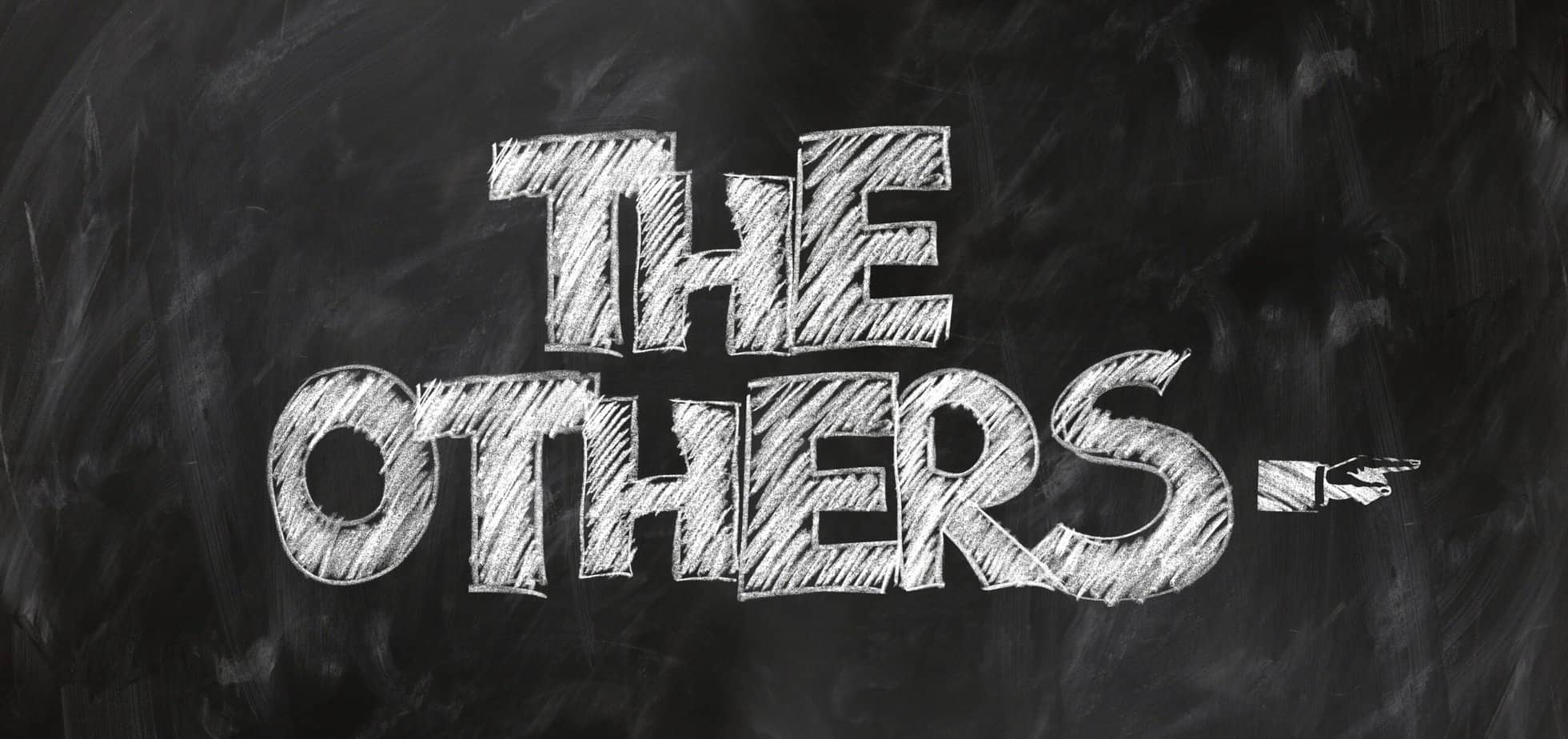Do you need to take control of your own life and be accountable for your actions? We work with different people in the workplace, including those who are remarkable at leadership and others who struggle with self-management and interpersonal skills. One solution to be on the better side of this equation is accountability. Nothing can stop you from achieving success when you take accountability for your own actions.

Accountability means acknowledging that you are answerable for your decisions and that no one else can make them in your place of you. If you aspire to learn from challenges and advance as a person, it’s time to begin assuming responsibility for each step taken. Here we will examine how to take accountability for your own actions that can lead to a joyful journey toward progress!
Why is it Important to Take Responsibility For your Actions?
Taking responsibility for your actions is crucial for personal growth, building trust with others, and avoiding stress. When you accept responsibility, you demonstrate honesty with others, which helps build relationships and trust. So this means when you make mistakes, take steps to make things right.
Furthermore, taking responsibility can help you reduce stress by giving you control over the situation and allowing you to find solutions rather than blaming others for your problems. Taking responsibility for your actions and setting a positive example inspires and motivates others.
What are the Psychological Reasons for Blaming others?
Do you ever notice that some people always seem to blame others for their problems? It can be frustrating to observe, but it’s essential to understand the psychological reasons behind this behavior. We listed a few reasons here:
Blaming Resolves the Problem Quickly.
People may turn to blame others to quickly resolve a problem without taking responsibility for their actions. They can avoid guilt and potentially negative consequences or punishment by shifting blame. Additionally, blaming may provide temporary relief, allowing the person to feel that the issue is being addressed. However, it’s important to note that this approach needs to be revised and can lead to further problems in the long run.
Blaming Helps you Retain the Upper Hand.
It may be tempting to blame others to retain control or avoid punishment, but it’s essential to recognize that this approach does not solve the problem. Blaming others can damage relationships and create resentment and mistrust. In the long run, it is more beneficial to take responsibility for one’s actions and work towards finding solutions to problems.
Blaming Feeds your Ego.
People may blame others for feeling better about themselves or for protecting their egos when they feel bad about themselves. Blaming others can be a way to avoid taking responsibility for your own actions. However, remember that blaming others is not a productive or healthy way to solve problems or resolve conflicts.
What Happens When you Don’t take Accountability For your Actions?
When you don’t take accountability for your actions, you miss out the opportunities like self-improvement and personal growth, which are very important for everyone. When you avoid responsibility, you may continue to make mistakes and not learn from them.
Also, failing to take accountability can affect your professional relationships; when you blame others or refuse to admit that you are wrong, you may damage trust. This can lead to conflict and strained communication with others. Furthermore, not taking accountability can also undermine your credibility and integrity.
7 Ways to Take Responsibility for Your Actions
Taking responsibility for your actions is an essential part of being a mature and responsible person. When you take responsibility, you show that you will accept the consequences of your choices and are willing to learn from your mistakes. So, there are many ways to take responsibility for your actions 7 of them are listed below.
Stop the Blame Game.
Stop blaming is the best way to take accountability for your actions. This means refraining from blaming others or external circumstances for your actions or the outcomes of those actions. It can be tempting to shift the blame on someone or something else when things don’t go as planned, but this avoids taking responsibility for your actions.
Instead, try to concentrate on what you could have done differently and can learn from that situation. This can help you to create positive conditions in the future. As you know, nobody is perfect, so it’s normal to make mistakes, but when you take responsibility for those mistakes instead of blaming others, you will never face problems in the future.
Take Aside Some Time for Self-reflection
Taking aside some time for self-reflection is also crucial while taking responsibility for your actions. Self-reflection is a process of thinking about and examining your feelings and behaviors. It can help you to understand your motivations and yourself; it can also help you to identify behaviors that may be holding you back or causing problems in your life.
Taking a few moments to assess your behavior and actions every day, or at least every week, is essential to self-reflection. By asking yourself questions such as: What could I have done differently? How did my choices influence the people around me? And what drove those decisions? You can develop accountability for your conduct while making more mindful and aware selections.
Don’t internalize people’s Judgements Towards You.
It’s crucial not to internalize other people’s judgments, as this can lead to negative self-perception and low self-esteem. Instead, remember that other people’s reviews and opinions reflect their own perspectives, which may not necessarily be objective or fair. If someone else’s words or actions have hurt you, it can be difficult to stay composed.
Fortunately, expressing your feelings in a healthy manner is an effective way of addressing any issues between yourself and others. Not only will this help to resolve conflicts quickly, but it also strengthens the bond between all parties involved.
Being accountable for your decisions and listening to constructive feedback from others is critical. However, it’s also vital that you keep true to yourself and not internalize negative comments which aren’t beneficial or reasonable.
Be Mindful of Excuses.
It can be easy to make excuses for your actions or to try to deflect blame onto others. However, making excuses can be a way of avoiding taking responsibility for your actions and can prevent you from learning from your mistakes.
To be mindful of excuses, try to pay attention to your behavior and be honest about the reasons behind your actions. Instead of making excuses, take ownership of your mistakes and consider what you can learn from them. This can help you become more aware of your behavior and make positive changes in the future.
Remembering that excuses are not always the best way to explain yourself. It’s natural and understandable to discuss why something happened. However, we mustn’t make justifications that put fault on someone or something else. Such behavior can damage our relationships and diminish our credibility in others’ eyes.
Remove Toxic People from your Life.
To ensure your health and well-being, it is vital to rid yourself of toxic individuals. Toxic people pose a risk to your mental health or physical state; therefore, their presence can have a significantly detrimental impact on you.
Toxic individuals can be manipulative, controlling, or even abusive. They make you feel belittled and leave you feeling unvalued and unsupported. Spending time with them zaps your energy levels and leaves you empty, dissatisfied, and unhappy.
Stop Complaining
Practicing gratitude and embracing the things that are going well in your life can be helpful exercises to ward off complaining. Focusing on finding solutions instead of dwelling on issues is critical; identifying the root cause of any problem, followed by brainstorming how it could be fixed, should take precedence over venting about it.
Remember, expressing your feelings and concerns is okay, but try to do so in a constructive way that focuses on finding solutions rather than dwelling on problems. This can help you take responsibility for your actions and feel more in control of your life.
Stop Bemoaning about your Life.
Another way to take responsibility for your actions is to stop bemoaning your life. Bemoaning is a form of complaining that expresses sadness or despair about your circumstances. When something terrible happens, it is easy to keep thinking about it. But if you keep thinking about the wrong things, it will make you feel worse, and you might not do anything to improve the situation.
Instead of bemoaning about your own life, try to recognize the things that are going well and be thankful for them. This can help you shift your outlook and make you feel more optimistic while giving you a sense of control over your life. Moreover, take steps towards improving areas where necessary so that, ultimately, it will lead to increased feelings of contentment and joy in your day-to-day living!
The Bottom Line
Accountability involves being honest with yourself and others, admitting when you have made a mistake or done something wrong, and taking steps to make things right. Remember that blaming others is not a productive or healthy way to solve problems or resolve conflicts. Start taking accountability for your actions today. So there you have it. I hope this detailed guide will help you to learn how to take accountability for your own actions.

Leave a Reply